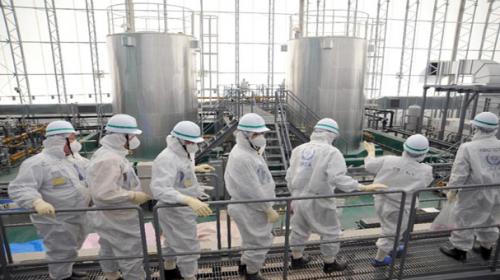Health fallout from Fukushima mainly mental: studies
Paris: The most lasting health impact of the Fukushima nuclear disaster will likely be psychological not physical, according to a trio of studies published Friday in The Lancet.Moreover, the mental...
July 31, 2015

Moreover, the mental health toll comes not only from the trauma of dislocation and the spectre of harmful radiation, but from deficiencies in the way civic and health officials managed the crisis, the articles argued.
The meltdown at the Fukushima Daiichi facility in March 2011, provoked by a massive earthquake and tsunami, is one of only five nuclear power plant accidents to be rated five or higher since the advent of atomic energy.
It resulted in the evacuation of 170,000 people within a 30-kilometre (19-mile) radius of the plant, and caused massive disruption of family life and local economies.
In 2014, half of more than 20,000 evacuated households who responded to a government survey were still separated from family more than three years after catastrophe struck.
But physical health impacts have been limited.
In contrast to the 1986 explosion in Chernobyl that provoked an increase in thyroid cancer among children in affected areas and perhaps other cancers yet to be detected, the Fukushima debacle is unlikely to cause hikes in cancer rates due to radiation exposure, according the a 2013 UN scientific report.









